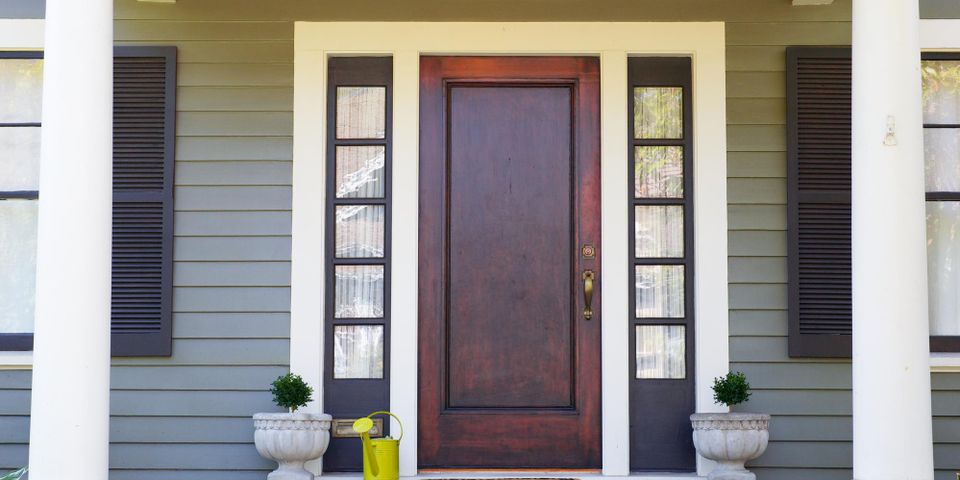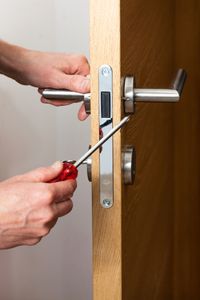
Your home’s locks are the first line of defense against unwanted visitors. Understanding how they work can give you a greater appreciation for how they protect you and your family. If you’ve ever wondered how these mechanisms work, as well as what type of model is best suited for you, read on.
How Locks Work
A classic lock is made with a few different components. The lock body, also known as a cylinder, is engaged when its spring-loaded pins interact with a key’s uneven edges. If the right key is inserted, these pins will move into their respective spots and align.
When the key is turned clockwise or counterclockwise, the pins will raise to the right height and allow the cylinder to rotate and open the lock. Many types of locks use this kind of mechanism, including regular latches and deadbolts.
Rekeying vs. Replacing Locks
Rekeying
 The most common way to change the locks is by rekeying them. This process involves realigning the pins and springs inside the mechanism to match your new key’s cuts and grooves.
The most common way to change the locks is by rekeying them. This process involves realigning the pins and springs inside the mechanism to match your new key’s cuts and grooves.
Rekeying is predominantly done when you’re undergoing a major life change like moving or divorcing your partner, or you’ve simply misplaced your keys.
Lock Replacements
Unlike rekeying, replacements are done when your lock is worn or damaged to the point where it becomes a liability to your home’s security. It typically involves removing the entire lock from your door and installing a completely new one in its place. While it’s a costlier process, a locksmith has high-quality hardware on hand to get the job done quickly.
Whether you need to install new locks or are stuck outside of your home, put your trust in a locksmith available whenever you need them. Based in Georgia, Richmond Hill Locksmith is a full-service mobile company operating 24 hours a day. As members of the National Locksmith Association, their employees are highly skilled and qualified to handle any problem that comes their way. Learn more by visiting their website, or calling (912) 727-3878.
About the Business
Have a question? Ask the experts!
Send your question

